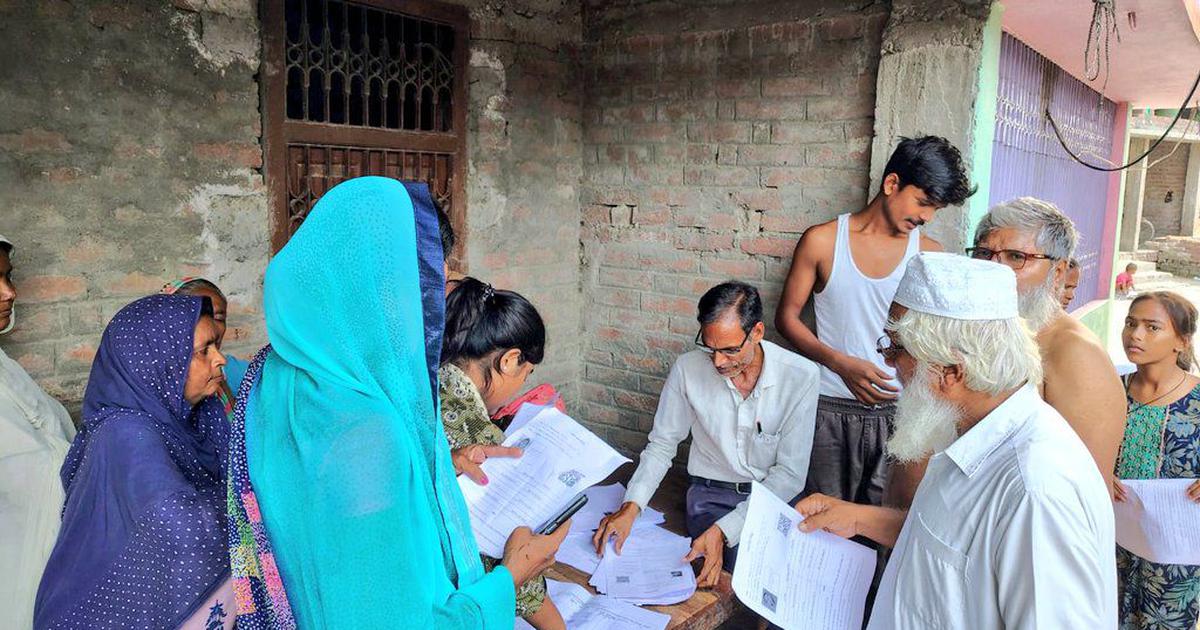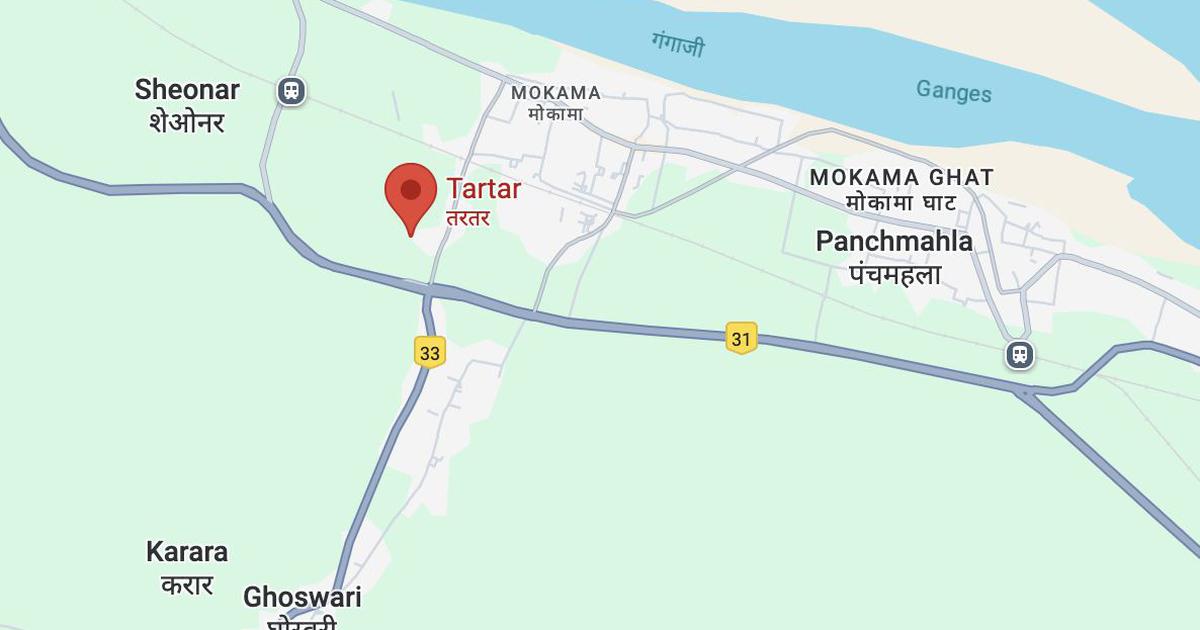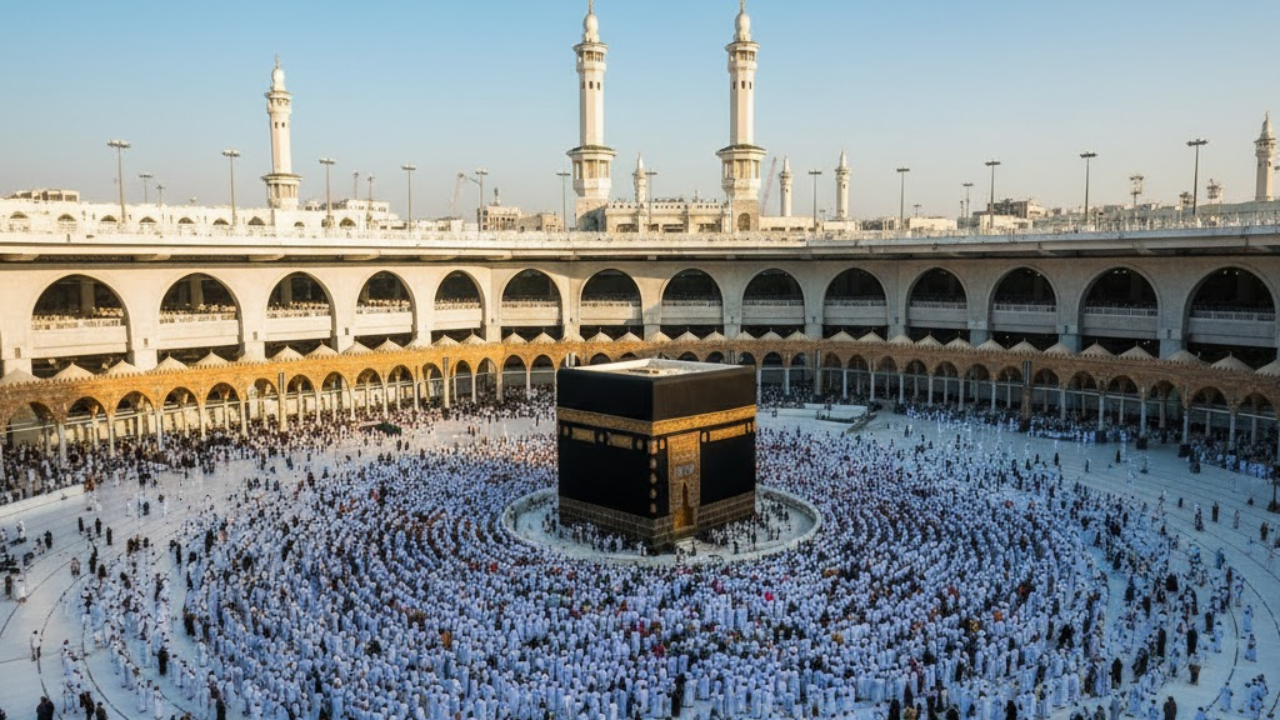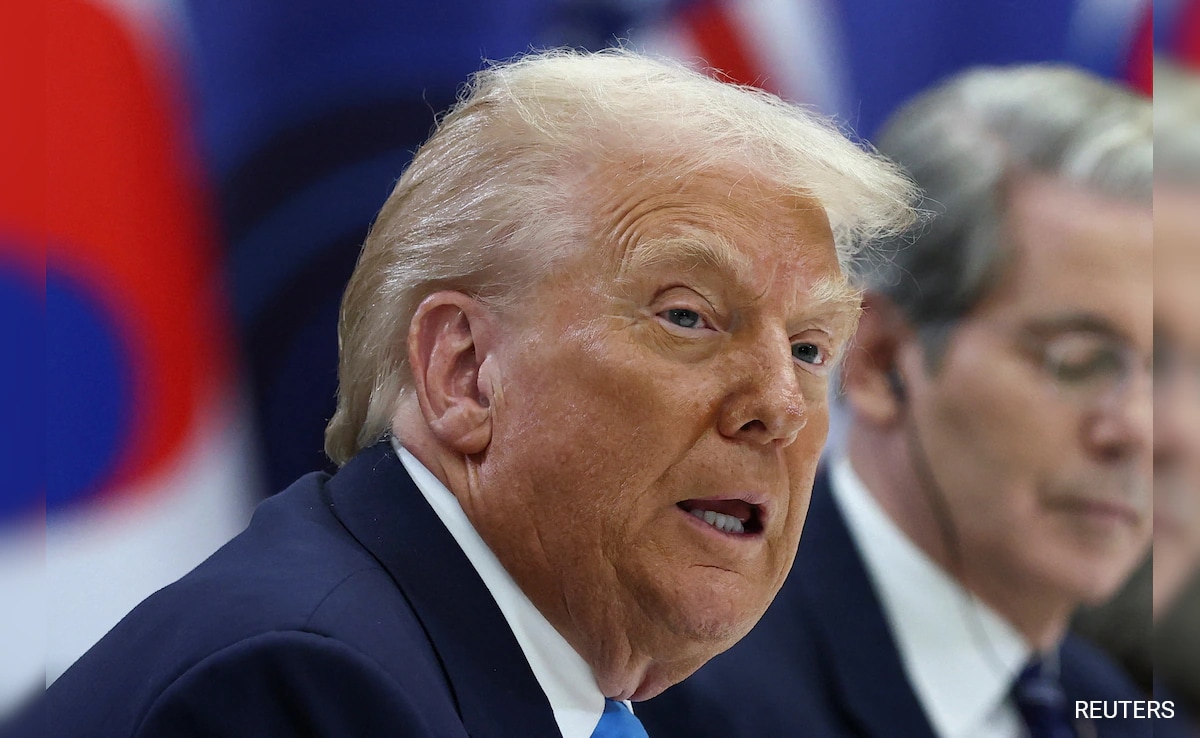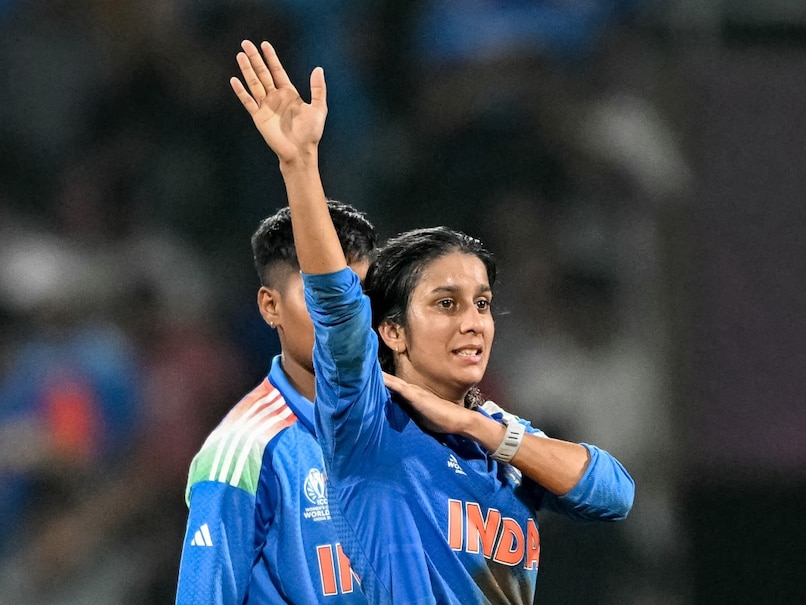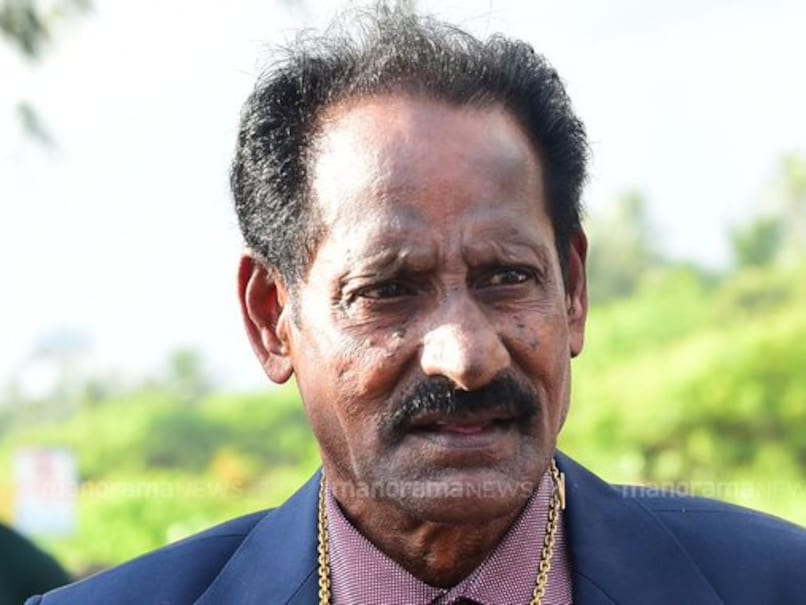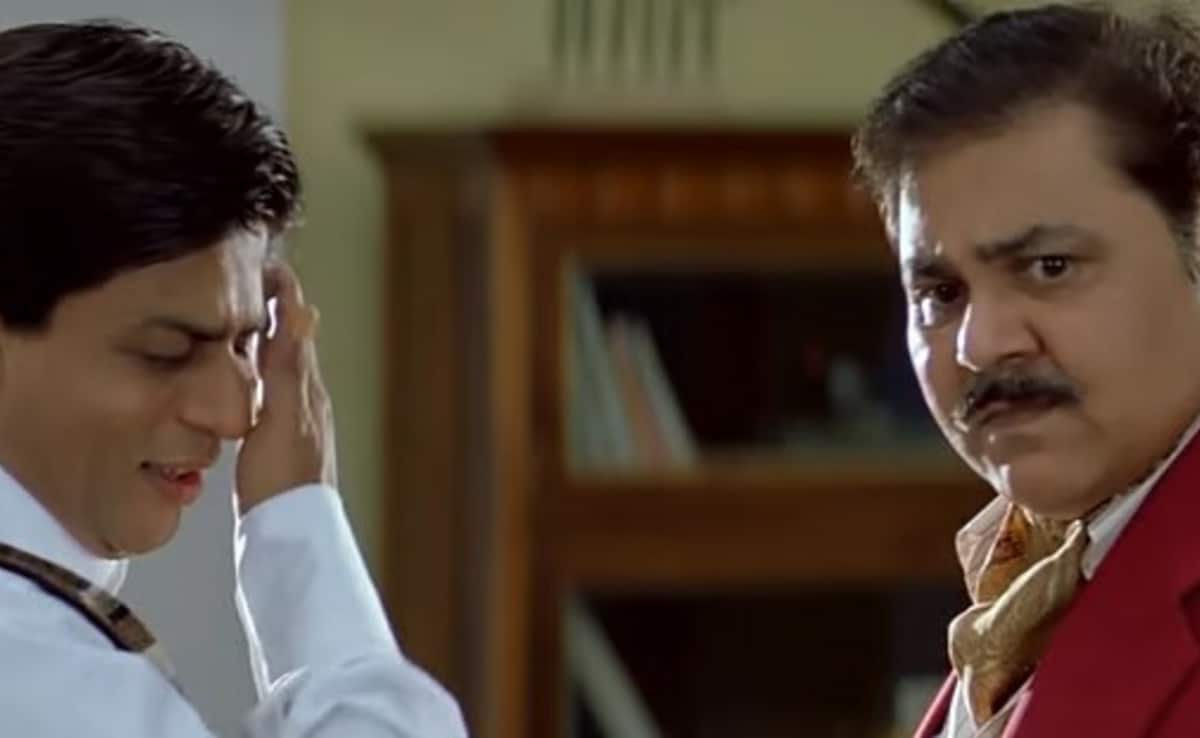In Delhi’s prisons, the mental health of inmates is a footnote

Join our WhatsApp Community to receive travel deals, free stays, and special offers!
- Join Now -
Join our WhatsApp Community to receive travel deals, free stays, and special offers!
- Join Now -

India’s prisons are among the harshest in the world. They are overcrowded, with unhygienic living conditions and poor healthcare that can endanger the lives of inmates.
The right to healthcare, including mental healthcare, is fundamental, enshrined in Indian constitutional law and international human rights conventions to which India is a signatory.
However, despite extensive legal safeguards and judicial directives, India’s prisons routinely neglect the mental wellbeing of inmates – to the detriment of jails as well as the criminal justice system.
The mental health concerns of prisoners are widespread. Some enter prisons with existing conditions, often untreated, while others develop mental health issues during their incarceration.
Delhi’s Tihar Jail – India’s largest correctional facility, has long struggled to address the mental health needs of its inmates. There are 19,000 inmates across Delhi’s three prison complexes – Tihar (nine jails), Mandoli (six), and Rohini (one).
The responses by jail hospitals to right to information applications I filed in April indicated significant lapses in procedural compliance, staffing, training and infrastructure.
Ensuring the mental wellbeing of inmates is not merely a legal obligation, but is essential for rehabilitation and reducing the tendency of inmates to relapse into criminal activity.
No oversight mechanisms
The Central Jail Hospital at Tihar, which covers the Tihar and Rohini complexes, provided information for Central Jails 1 to 10,...
Read more
What's Your Reaction?
 Like
0
Like
0
 Dislike
0
Dislike
0
 Love
0
Love
0
 Funny
0
Funny
0
 Angry
0
Angry
0
 Sad
0
Sad
0
 Wow
0
Wow
0
